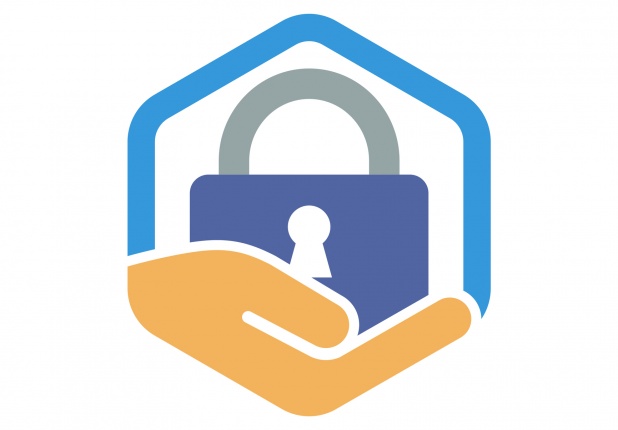Navigating Social Media Retention and Collection During E-Discovery
Companies and organizations use social media ("SoMe") to gain market advantage, shape and model their own image, market and advertise to customers, track how effective their marketing campaigns might be, understand who their customers are, test new products or services and provide a platform through which customers can provide feedback. Every post or piece of analytics could be considered a “business record,” subjecting it to discovery in both civil and criminal litigation, internal and government investigations or audits. As a result, attorneys and their IT teams should understand the best practices for preserving, processing, reviewing, and producing data from SoMe sites to acquire valuable – and usable – evidence.






